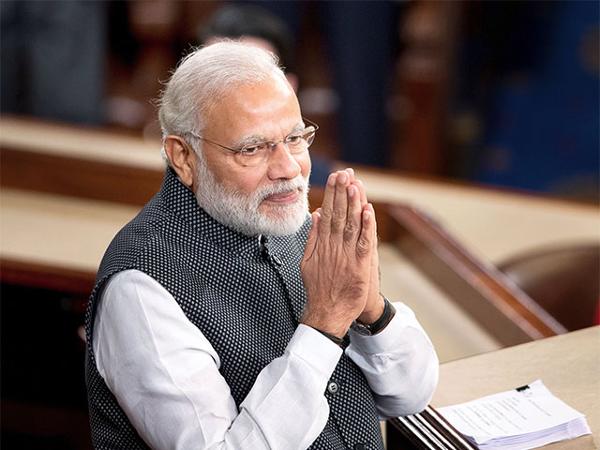MUMBAI: The Narendra Modi government is giving a hard push to rejuvenate the ailing Rs 15,000-crore Ayurvedic industry.The Prime Minister’s Office (PMO) has fixed responsibility on a top-ranked official who is closely monitoring and overseeing movement under various ministries that are directed to come up with measures to boost development of the industry, a source informed.
The ministries of commerce, environment & forests, agriculture and science & technology are part of a renewed booster drive that is expected to complement the ministry of ayush, formed two years ago to lift the sector.
Prime Minister Narendra Modi has often spoken about India’s indigenous system of medicine and its global relevance in the present day. In 2015, Modi’s joint statement with US President Barack Obama mentioned traditional medicine as an area of dialogue and bilateral collaboration. Later that year, a statement on strategic cooperation with Singapore included traditional systems of medicine as an area of future ties.

Ironically, the sales graph of Ayurvedic medicines runs in contrast to the dramatic growth seen in the last three years in fast moving consumer products like toothpastes and soaps that claim to be based on Ayurvedic systems.
While consumption of Ayurvedic drugs in India itself remains tepid, exports — including herbal extracts, raw materials and finished medicines — stagnated at Rs 2,000 crore during the last three years. Next week, the commerce ministry has called a meeting of key stakeholders to outline a roadmap for a long-term export strategy of Ayurvedic drugs.
Sales of Ayurvedic products had been stunted for the last few years, in particular following issues flagged by the US and European health regulators for heavy metal contamination found in dietary supplements.
However, an industry executive indicated positive developments, citing a recent news report that said Switzerland allowed insurance reimbursements for Ayurvedic drugs — along with a few other alternative therapies like homoeopathy and the Chinese system of medicines — thereby bolstering industry outlook and optimism of regaining lost ground.
“Italy and Germany are our next focus,” an official said, adding that “the need is to upgrade manufacturing standards and take quality and hygiene to the highest levels by pursuing a harmonised system.”
Amonth ago, the ministry of environment & forests called a meeting with representatives from the industry to hear the challenges faced by the industry due to the enactment of the Biological Diversity Act. Held back for nearly a decade, the Act pins responsibilities on the industry, known to be the single largest beneficiary of India’s biological resources, to pay royalties for access to biological resources and benefit sharing (ABS).
While the industry seems to have broadly accepted the Act and its guidelines, it has pointed out contentious legal issues that have sometimes led to issues in supplies of raw material. With the intent of promoting cultivation of herbal medicines, the agriculture ministry has been activated to identify farm lands that can be used for ensuring supplies to the industry. “The attempts seem to be serious and go beyond the lip service,” an industry consultant said.
The PMO is also said to be keeping a close tab on gaining an international scientific recognition for Ayurveda. A source noted the Council of Scientific and Industrial Research has seen a “more than normal” increase in the number of research papers published on leads that have originated from Ayurvedic background.
In December first week, the World Ayurveda Congress is slated to be held in Kolkata. A source noted the ministry of ayush expects to showcase its achievements – from commercial moves to scientific efforts – to an audience of around 4,000 drawn from top regulatory agencies and industry executives.

